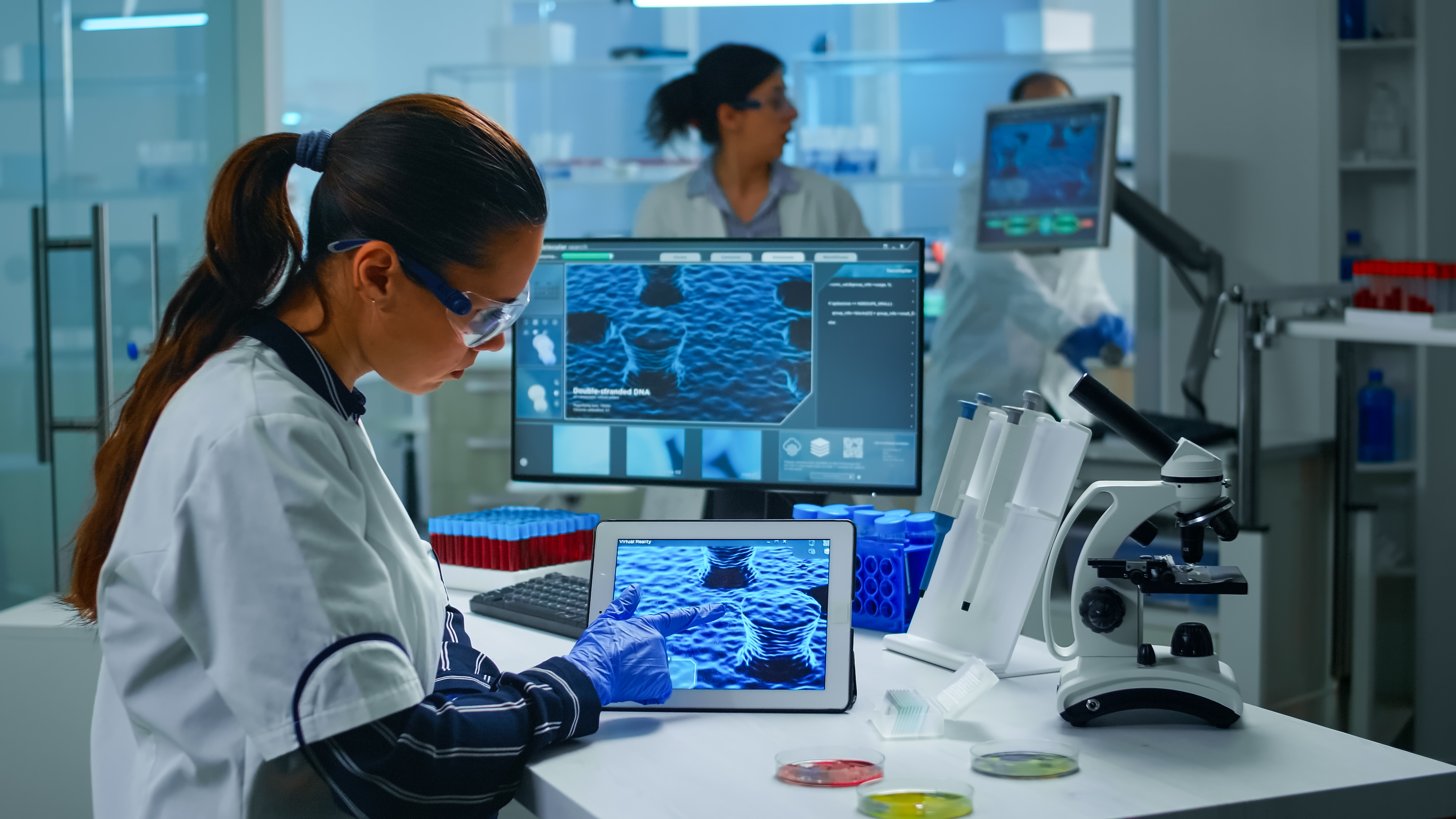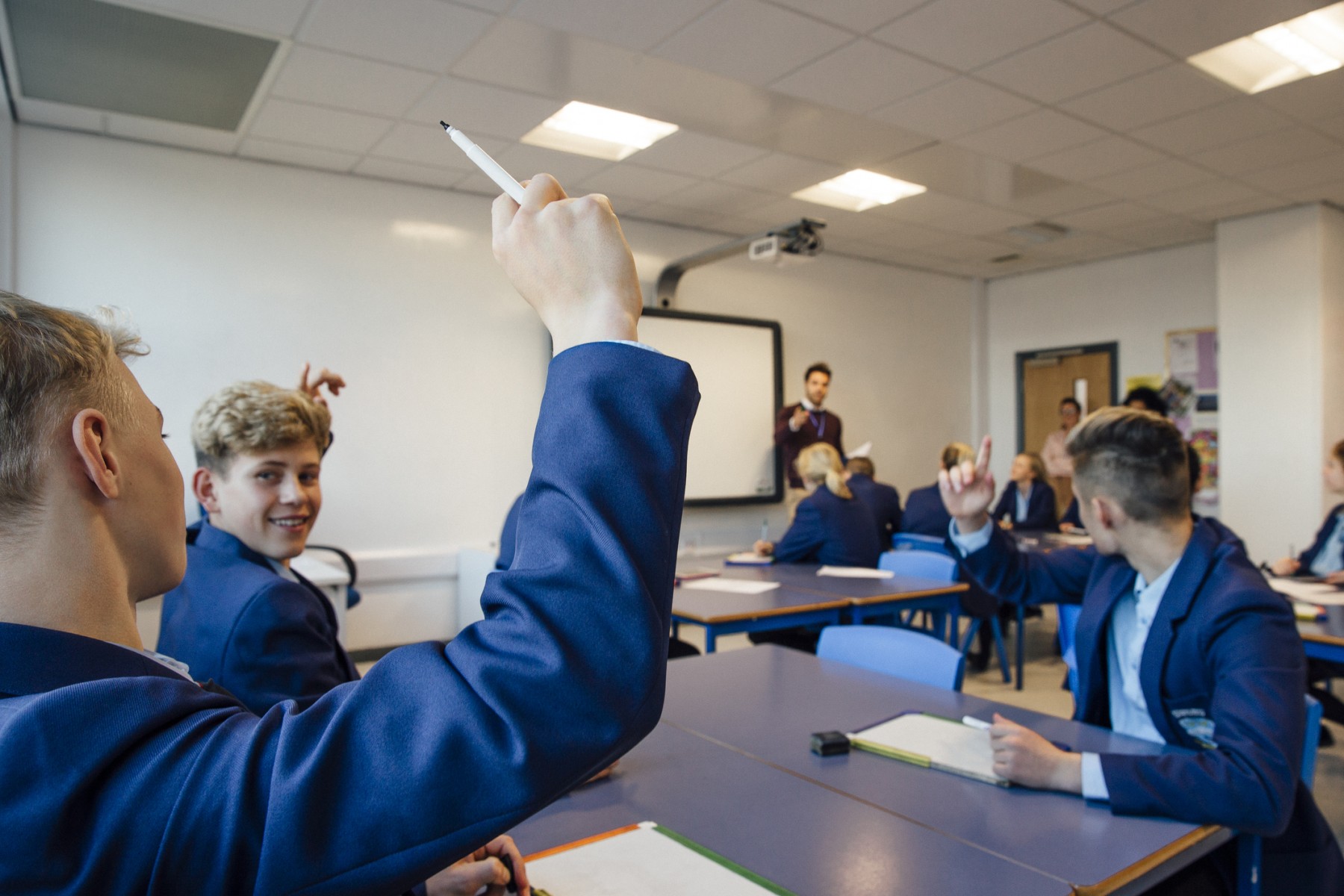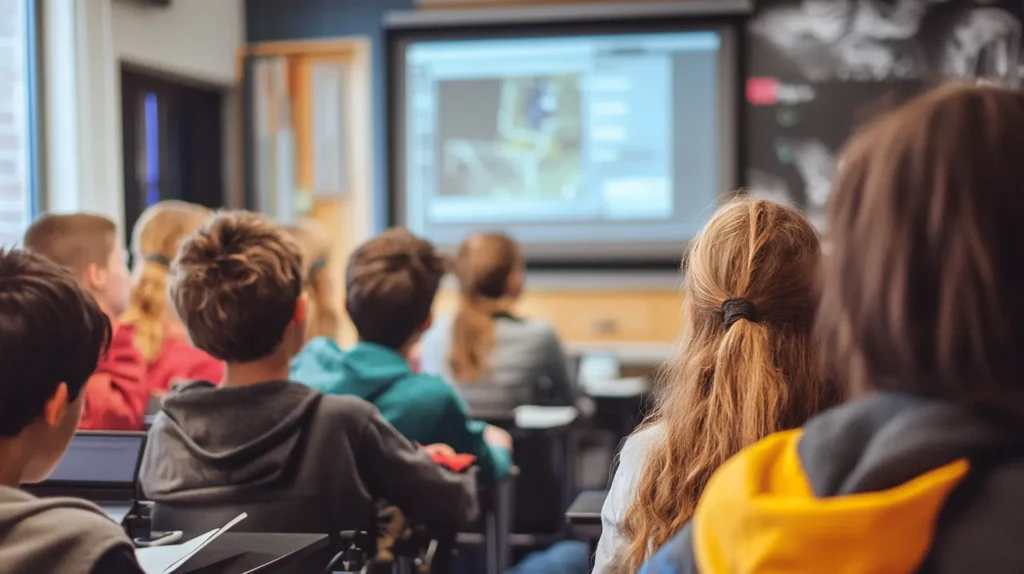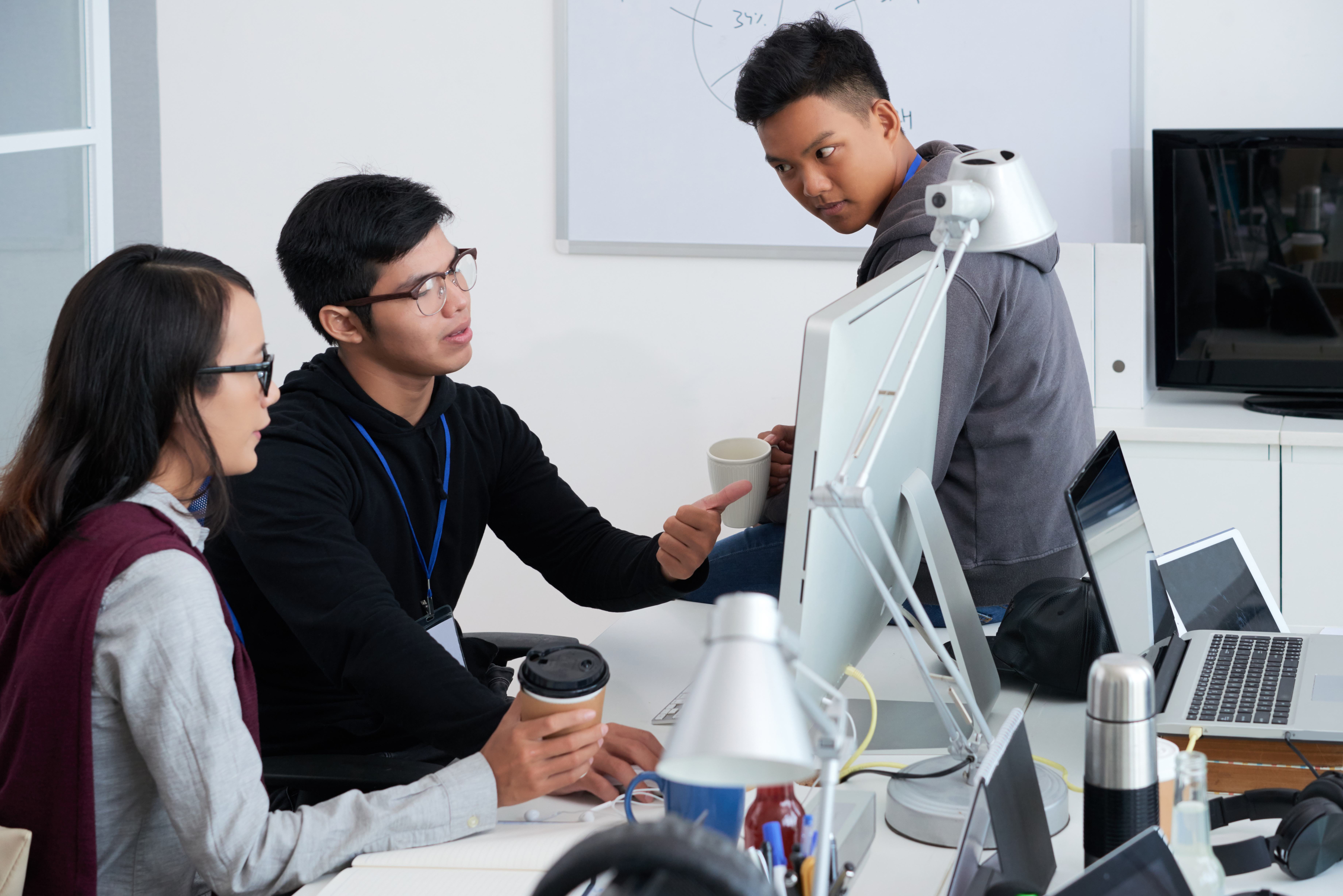Search

AI in Science Simulations and Experiments
Bringing IGCSE Science to Life
Science is all about curiosity — testing, exploring, and discovering how the world works. But in many IGCSE classrooms, students can’t always do every experiment due to limited lab equipment, safety rules, or time. This is where Artificial Intelligence (AI) steps in to make learning science more interactive and exciting than ever before.
Virtual Labs: Safe, Smart, and Super Engaging
AI-powered virtual laboratories let students perform real experiments — but digitally. Imagine mixing chemicals in Chemistry, dissecting a virtual frog in Biology, or testing Newton’s laws in Physics, all from your laptop or tablet. You can explore, make mistakes, and try again, all without any safety risks or extra costs.
These AI labs are designed to think and respond like real teachers. If you get a result wrong, the system instantly explains what went wrong and guides you step by step. This kind of personalized feedback helps students truly understand scientific concepts instead of just memorizing formulas or theories.
AI Helps You Visualize the Invisible
Some science topics are hard to imagine — like atoms, molecules, or how the heart pumps blood. AI solves this by creating 3D visual simulations that let you see these invisible processes in action. For example, in an AI Biology lab, you can zoom into a cell and watch how mitochondria produce energy or how enzymes work during digestion.
This makes learning feel like an adventure — you’re not just reading about science; you’re experiencing it.
Building Skills for the Future
By using AI in science learning, students also develop important 21st-century skills like problem-solving, analytical thinking, and digital literacy. These skills are not only useful for IGCSE exams but also for future studies and careers in STEM (Science, Technology, Engineering, and Mathematics).
The Future of Science Education
In the future, AI will continue to make science more accessible and creative. Imagine personalized lab sessions designed just for you, or AI predicting the outcomes of your experiments before you even start. Science learning will no longer depend on classroom walls — it will be open, interactive, and full of possibilities.
With AI, every IGCSE science student can become a true explorer — testing ideas, discovering patterns, and seeing science come alive like never before.

 2023-05-26
2023-05-26




